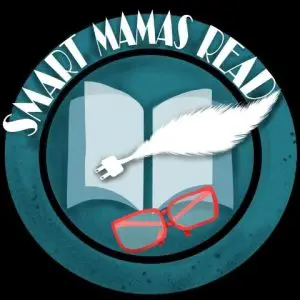What’s really saving my life is a loving God who is in control and hears me. My Tuesday morning prayer group means more than I can express. Also, meditating on Psalm 23 when I can’t sleep brings...
Category: My Life
The task of building Christian character in our kids is daunting. After 30 years of parenting, this is what I know for sure: whenever you think you have it figured out, you don’t. The game is...
I have a lot of angst over gift giving. A lot of stress, second guessing and feeling inadequate. It’s easy to slide into negative thinking and believe “I’m just not good at gift giving.”...
In easy to digest, bite sized pieces, Kendra Adachi lays out the rationale and outline for living life as a Lazy Genius. “Embrace What Matters, Ditch What Doesn’t and Get Stuff Done, ”...
What’s Saving My Life Right Now, the Bookish Introvert Edition
Why do we need winter life savers? I think at the root is the lack of sunshine. And the cold. Both are hard to handle. Snow is beautiful, but sometimes treacherous on the road. Getting that vitamin D...
There's lots of options for gifts, and plenty of books to choose from since books are my gift of choice. So, why am I stocking up on Amy Lynn Green's debut novel to give to my nieces? We can...
